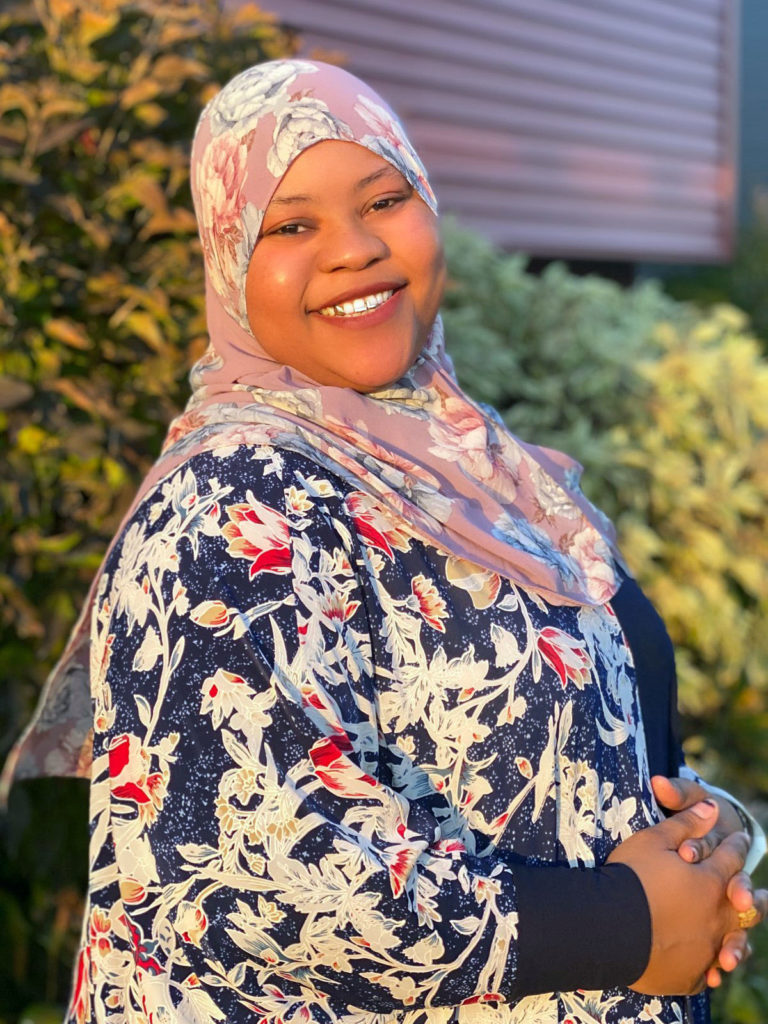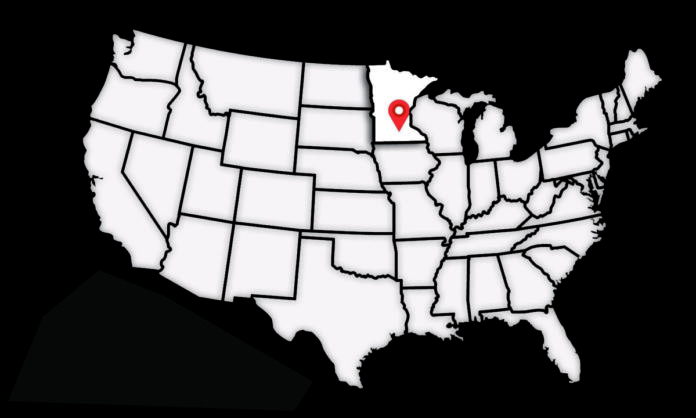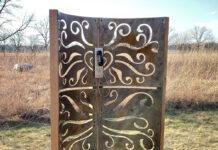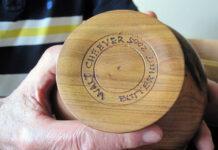While many Minnesotans may know stories of their grandparents or great-grandparents immigrating to the United States for economic opportunity, not as many understand what it means to be a refugee.
According to Mankato resident Habiba Rashid, there is a huge difference—one that she has experienced herself.
“A refugee is a person fleeing danger, violence or persecution,” Rashid explained. “In 1991, when I was two years old, our family was forced to flee our home in Angola because of war. We bounced around in a lot of African refugee camps, living in Malawi, Zambia and South Africa, sometimes fearing for our lives.”
Now, as associate director of the Minnesota Council of Churches Refugee Services in Mankato, Rashid helps refugees adjust to a new life in the Mankato area.

Journey to Mankato
Rashid’s journey took her across Africa, to the south of the United States and finally to Minnesota. Exposed to various languages as she grew up, she quickly became multi-lingual. It was in one of the refugee camps that Rashid learned to speak Somali after she met her future husband, a refugee from Somalia. They married in 2005 and applied to the United Nations for resettlement. They had two children by the time they were settled in Atlanta, Georgia, in 2012. While in Georgia, Rashid earned an Associate Degree in midwifery.
Rashid explained that refugee families don’t have control over where they are resettled in their new country, and they usually don’t stay in their first location forever. Rashid and her family worked to move to Minnesota because she had relatives in the area.
Starting a new life in a country that you don’t know is hard, but many people have the skills. They must start fresh with basic jobs, and then the younger ones can get more education here.Habiba Rashid
“My family was being resettled in Minnesota, and I wanted to be closer to my family,” she said.
After the family was resettled in Mankato in 2015, Rashid felt called to work with refugees. She was employed by the Tapestry Project, a program that was begun in 2012 by the Minnesota Council of Churches, local police and a property management company. The program’s purpose is to provide an opportunity for people to learn about their neighbors and their community. She soon was promoted to her current position.
In her job, Rashid sees herself as a role model, especially for refugees who had good educations and left comparable jobs when they were forced to flee violence in their country.
“We know that some refugees have Ph.D.s in their native countries, but those are not recognized here,” she said. “The refugees have thrown away many years of education to live in a safe place. Starting a new life in a country that you don’t know is hard, but many people have the skills. They must start fresh with basic jobs, and then the younger ones can get more education here.”
One of Rashid’s assets is her ability to speak many languages, most of them pertinent to her job. Because of her family’s moves during her childhood, she had the opportunity to learn six African languages, as well as learning British English in South Africa. She also speaks Portuguese, Angola’s language, which her father spoke. When meeting with refugees, Rashid’s multi-lingual background means that she “always can be one of them—speaking their language,” she said.
This is the goal for every refugee or immigrant who comes to the country: they want to really make it and give back to the community.Habiba Rashid
Rashid seems to adapt her speech to whatever culture surrounds her. Neither the British accent of South Africa nor the soft sounds of the American South creep into her voice. In fact, an audience member who attended one of Rashid’s presentations pointed out that Rashid speaks English with a Minnesota accent.
Breaking barriers
Rashid became a U.S. citizen in July 2016—in time, she points out, to vote in the 2016 elections. She sees herself not only as a role model, but also as a breaker of barriers. Like many American women, she holds a full-time job while being a wife and a mother. She’s also running for her local school board.
“We now have six kids, four boys and two girls, with the oldest being 13 and the youngest two,” she said. “I want to be the voice for women with young kids, and also to be a role model for other refugee women. I’m breaking the barriers with my job and with running for the school board. I’m also planning to become an entrepreneur. In November, I plan to launch an online clothing boutique.”
I want to be the voice for women with young kids, and also to be a role model for other refugee women. I’m breaking the barriers with my job and with running for the school board.Habiba Rashid
Habib pointed out that her story mirrors many other refugees’ experiences, as they strive to become a part of their community and contribute in their own ways.
“As refugees come to this country, we don’t depend on county benefits,” she said. “I’ve done so well and am an aspiring businesswoman. This is the goal for every refugee or immigrant who comes to the country: they want to really make it and give back to the community. Being in the country for nine years and being able to be a homeowner and depend on myself and start a business, and running for office, this is the dream of every refugee and immigrant who comes to America.”




